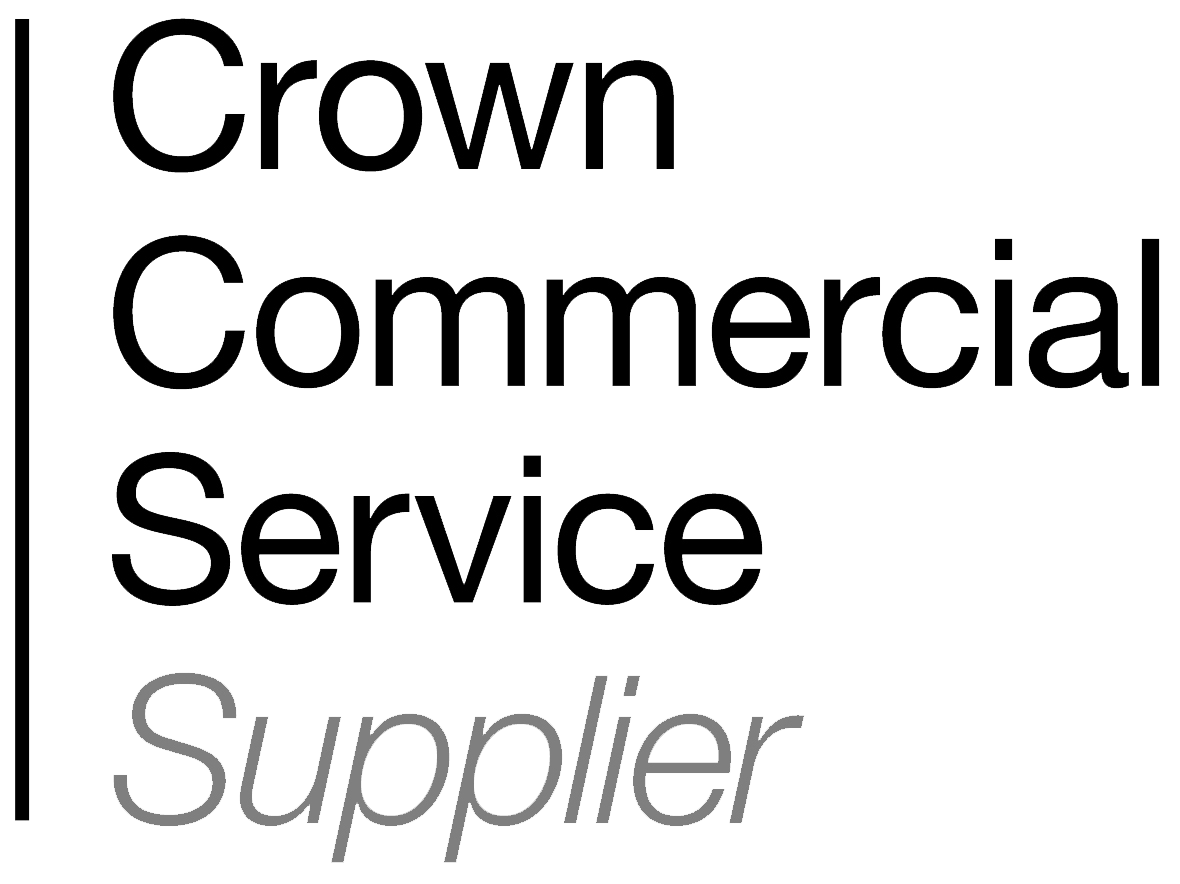Background
In 2019, the ADEPT SMART Places Live Labs Programme was launched. A two-year, £22.9m project funded by the Department for Transport with the aim of introducing digital innovation
Staffordshire County Council (SCC) won funding to take part in the live labs project. They worked alongside Amey, Keele University and the Connected Places Catapult. Over 130 SME’s submitted applications to address mobility and air quality challenges. Colleagues from across the organisations worked together to select 10 projects, one of which was managed by NOW Wireless
Now Wireless were a successful SME to aid in the improvement of air quality outside a care home on the inner ring road of Newcastle-Under-Lyme. They proposed to use artificial intelligence to predict pollution an hour ahead of time. The results implemented special plans into SCC’s TMS system. The plans enabled traffic to be gated outside the town centre, to reduce pollution in the town centre. This paper will explain the detail of the delivery of the project, highlight the results of a positive reduction in air quality and explain how SCC plan to implement this in other towns within Staffordshire.
Stage 1 - Finding where to measure Air Quality
Air Quality Detectors, and Digital Signature Detectors, were installed at significant points around Newcastle-under-Lyme.
NOW Wireless AI software then analysed the data from the Digital Signature devices. Using route analysis, we could see which routes were the busiest, and so where best to implement any strategies for improving Air Quality.
The route from Talke Rd / Bradwell Lane to Lower St / Church St was clearly the busiest, and
with the care home at the second site, this would be an important site to look at to improve Air Quality and therefore help improve the life of the residents
Newcastle-under-Lyme
Sites Chosen for the Projects
Talke Road / Bradwell Lane
Liverpool Rd / London Rd
A527 / Basford Park Rd
Basford Park Rd / Etruria Rd
A52 / Albert St
Lower St / Church St
Newcastle Rd / Tescos
Clayton Rd / Seabridge Ln
Sensors and Software
Stage 2 - Measuring Air Quality
The NOW Wireless NO2 detector was installed at the closest location to the Care Home.
Other sensors were installed at eight sites around Newcastle-under-Lyme, however the sites used for implementing the Air Quality strategy was the site marked here, and the site at Liverpool Rd / London Rd.
Stage 3 - Implementing an Air Quality plan
The AQ strategy implemented was to look at holding back the traffic outside the town, somewhere where if NO2 levels did increase, would not be as big a problem as outside the care home. The busiest route had been chosen between Talke Rd / Bradwell Lane and the car home, however the site chosen to gate the traffic was one junction down, at Liverpool Road / London Road. This site is more open, with a higher dispersal rate of the NO2. The traffic would be held for 10-20 seconds longer than usual at this site, and then 10-20 seconds less at the care home site.
We would trigger this ‘gate’ using spikes in NO2. We would then use our AI software to forecast spikes in NO2 one hour ahead, and use that data to gate the traffic, whilst making new forecasts every 5 minutes, incorporating weather data and other sensor data.
AI - Gating Solution
Predict traffic an hour ahead and change traffic light timing to reduce the future
Predicted Pollution vs Actual Pollution in Coventry (1 hour ahead)
Stage 4 - Checking the Results
Journey Time Remained Unchanged
Spikes of NO2 Were Flattened
The two things to check are the Journey time for the driver, to make sure you are not making the journey longer for the public, and then the NO2, to make sure you are improving the Air Quality at the important site, the care home.
From our data, we can see that the journeytime is not increasing, and that though we are currently not reducing NO2 overall, we are flattening out the spikes of NO2.
At peak 3-4 ppb lower
At lunchtime 7ppb lower
At evening 5 ppb lower
Minimal change in journey time
Stage 5 - Conclusions and Next Steps
Overall SCC found working with Now Wireless effortless, timely and productive.
Difficulties in creating plans within SWARCO TMS, due to inexperience at SCC.
Look at longer gating times, whilst adding CCTV to ensure alerts if queues build up
Look at different periods where the forecasting is turned on and turned off
Further budget required to look at gating at other sites in Newcastle-Under-Lyme
Particulates such as PM2.5 could be monitored with our particulate detector
Other towns to implement this solution, including Burton and Stafford





